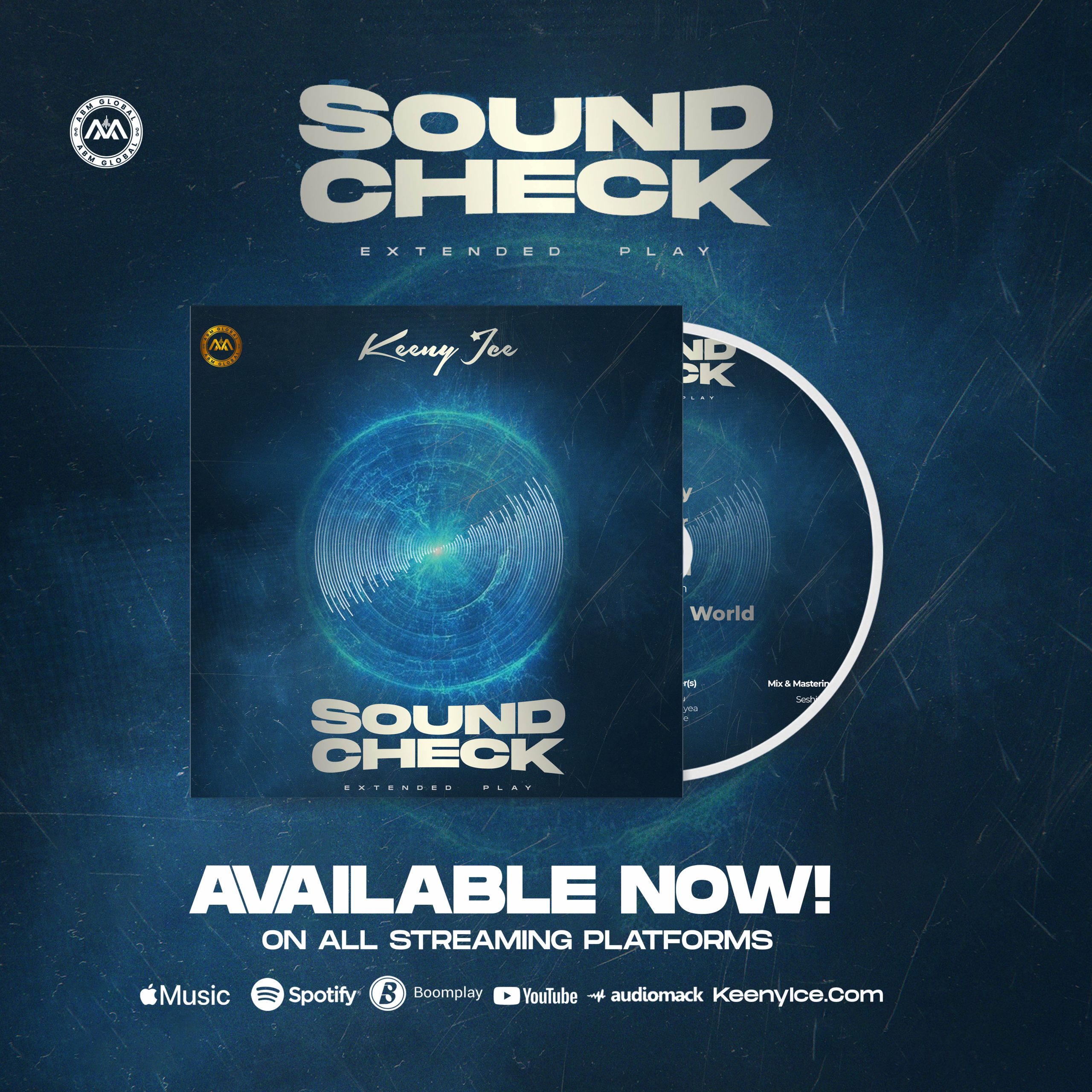We’ve all heard that potential employers are going to be looking for us on social media. But why do they do it? What is it that companies want to see about our private life activities before making a professional assessment of us?
Sometimes, they’re just looking for potential passive candidates in the first place. Increasingly, networking sites are used as tools by recruiters and hiring managers to seek out sources of talent. Some 44% of employers surveyed said that they had hired a candidate through social media.
That’s an impressive number, but it pales beside the fact that almost all employers (93% to be exact) say that they will search for your social media profiles during the interview process.
Here are the main types of digital marketing you should consider for your business.
While not limited to these, the most common websites for recruiters to screen candidates on are LinkedIn, Twitter and Facebook. What you post and how you behave on these sites can create a first impression of the sort of person you might be.
For example, do you share insightful information? Do you have a sensible professional-looking photo? Are you well-connected in your field? Do you appear to be social and outgoing? Do you seem to be the sort of person who would fit in with the team at work they are considering hiring you for?
This last point, cultural fit, is key for most employers according to a survey of recruiters and hiring managers by Jobvite. So you’re in contact with an employer. They have your resume. You’ve met, or are about to meet for an interview. What do they say that they go looking for on your social media profiles?
The top three things employers look for in your social profiles?
More than half of hiring managers (51%) say that they’re looking to see if the candidate will be a good fit with the corporate culture.
Think about it, your Facebook profile is a far more accurate portrait of what you’re really like than an employer could get from a screening questionnaire. In a questionnaire – you can always give the answers that you think an employer wants to hear. On Facebook your friends would call you out for ‘posing’ as something you’re not.
45% are researching potential hires on social media to find out more about that candidate’s qualifications. If you’ve mentioned your communication skills – are these supported by your online activity? What do you post or tweet about? Are you articulate, intelligent, and friendly, or are you argumentative, belligerent, and foul-mouthed? Most importantly, employers want to see if the information you’ve listed about your education, experience and previous jobs matches up with what you listed in your resume.
Almost as many, 44% of hiring managers want to see if a candidate is creative.How you choose to use the latest networking tools and technologies can say a lot about how social, savvy and skilled you are. Employers will be looking to see how innovative and original you are in what you do online.
And we’ve said it before, it seems like it bears repeating: employers will also be screening out candidates for what they deem as inappropriate behaviour online.
There are two parts to this. One is that while drinking too much at a party and passing out shouldn’t disqualify someone from a job. However, the act of posting evidence of it online and boasting about how wasted you got can demonstrate that you’re quite unsavvy about personal branding and how to market yourself. That’s the bigger problem.
What Does a Digital Marketer Do?
The other issue is that there are some online behaviours that just turn employers off. 42% of those surveyed say that they have changed their mind about whether or not to hire someone based on what they have found online.
Here’s what employers say they least want to see in candidate social profiles:
- 83% of employers say they are turned off by references about using illegal drugs. (If this comes as a surprise to you, it’s definitely time to cut down on the illegal drug use).
- 71% are turned off by posts of a sexual nature. (Nobody wants to see that).
- 65% are turned off by use of profanity.
- 61% are turned off by bad spelling or grammar.
- 51% are turned off by references to guns, and
- 47% are turned off by photos of consuming alcohol.
Interestingly, displaying poor grammar and spelling online appears to be more detrimental to your prospects than guns or alcohol. So if you’re going to post about getting drunk and shooting guns, make sure you spell everything correctly and use proper punctuation. Seriously, regarding drinking, there is quite a large difference between a picture of someone making a toast with a glass of wine versus being passed out on the floor surrounded by a sea of empties. Use some common sense. That’s what employers want to see.

